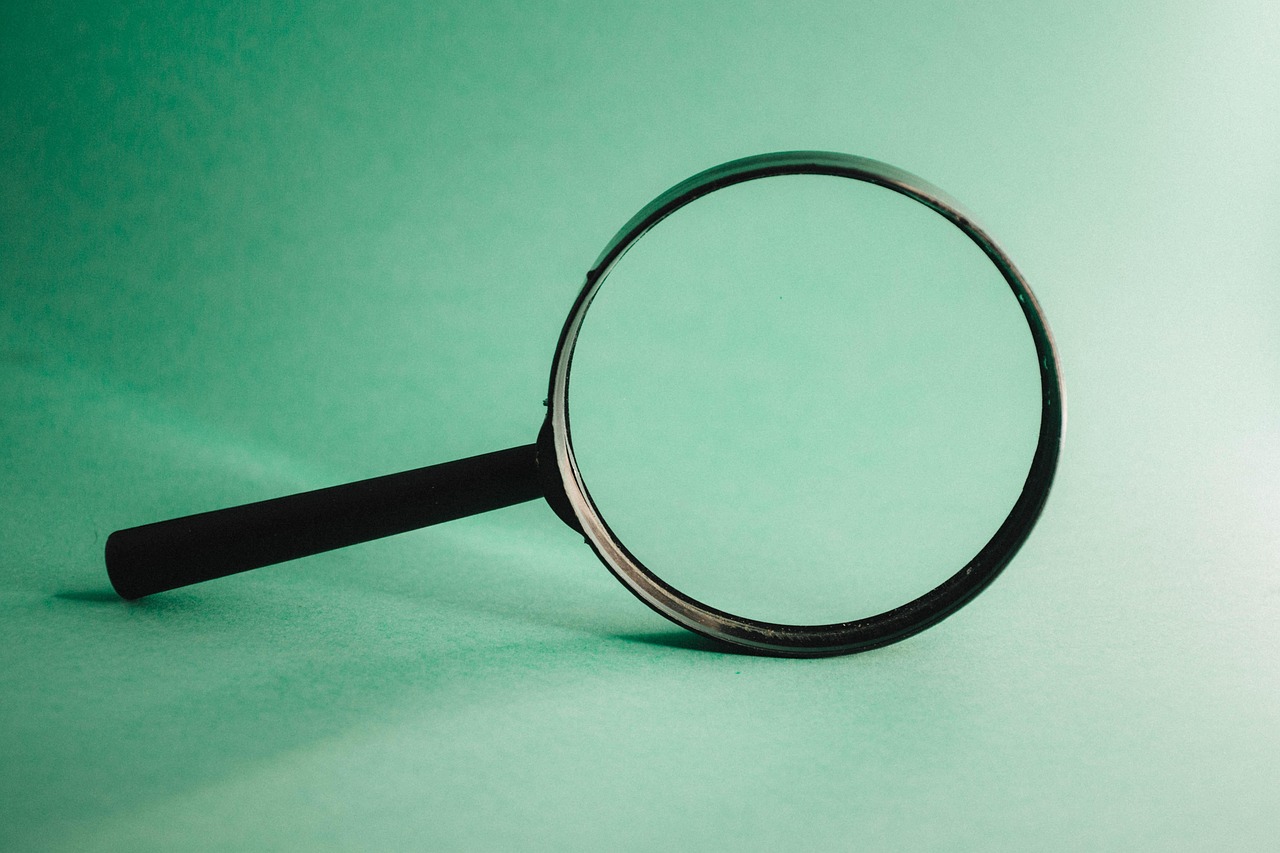The series of blog posts on 3Os in Horizon Europe is trying to introduce how Open Science, Open Innovation and Open to the World principles affect your following Horizon Europe proposal or funded project.
Open to the World principle may mean many things for your Horizon Europe proposals and projects, e.g.,
- How to ensure international knowledge and information exchange outside Europe to tackle global challenges?
- How to involve organisations from third countries? (We discuss this question in a separate blog post)
- How to promote and use science diplomacy?
The global approach to Research and Innovation presents the Commission’s perspective on Europe’s strategy for international cooperation in research and innovation. It was launched in May 2021 and includes the following key actions:
Promote openness and values in R&I
- Develop principles for international cooperation in research and innovation with the Member States and promote them in a dialogue with partner countries and international settings.
Pursue a level playing field and reciprocity
- Agree on targeted bilateral roadmaps with prioritised non-EU country partners with a strong research and innovation base, setting out joint commitments to implement framework conditions to secure a level playing field and promote shared values.
- Develop guidelines dealing with foreign interference that targets EU research organisations and higher education institutions.
- Present a code of practice on smart use of intellectual property in an international context.
Pool global efforts to tackle global challenges
- Strengthen marine cooperation through the multilateral All-Atlantic Ocean Research Alliance, clustering its results and strengthening its north to south pole dimension.
- Reinforce the multilateral alliance of Mission Innovation, focusing on breakthrough energy technologies.
- Support multilateral cooperation on R&I policy for fair, healthy and environmentally friendly food systems.
- Establish, through the New European Bauhaus initiative, an international knowledge management platform to disseminate information and share ideas and best practices.
- Build joint research activities on industrial issues to support EU leadership in technologies such as 6G or digital technology in the fight against climate change and environmental challenges.
- Shape strong international digital partnerships matching the four pillars of the 2030 Digital Compass.
- Contribute to the medium- and long-term agenda on health security, preparedness, and the health system.
- Promote cooperation of EU-funded European platform trials with the Access to COVID-19 Tools Accelerator (ACT-A) partnerships and pursue the ACT-A objectives.
- Support a global health joint undertaking under the European and Developing Countries Clinical Trials Partnership.
Modulate cooperation with third countries
- Develop targeted international cooperation actions in calls for proposals in areas of mutual interest under Horizon Europe and exploit the opportunities for the association with Horizon Europe.
- Develop strategic research and innovation plans for Africa and launch a comprehensive ‘Africa Initiative’ under Horizon Europe.
- Seek to agree on the EU-China Joint Roadmap on science, technology, and innovation cooperation to secure a level playing field and reciprocity as a precondition for future cooperation.
- Implement the Strategic Roadmap of the EU-CELAC Action Plan on Science, Technology, and Innovation (2021-2023) and support the ASEAN-EU Dialogue on Science and Technology.
In practice, Horizon Europe will support dedicated actions to strengthen international cooperation and support multilateral initiatives in clean and renewable energy, ocean research, earth observation, or infectious diseases.
Horizon Europe will finance Twinning activities from non-associated third countries and support projects with topics on contributing to the implementation of multilateral or bilateral agreements or initiatives.
You may check the calls with “International cooperation” cross-cutting priority here as a starting point. You will most probably invite third country organisations into your consortium in these calls. Information and knowledge exchange can, of course, be supported by other types of collaboration. For example, third-country organisations can become associated partners, stakeholder board or advisory board members, etc.
Science diplomacy
As defined by the American Association for the Advancement of Science and the Royal Society (2010):
- Diplomacy for Science promotes international scientific collaboration, using the traditional tools of diplomacy to support the scientific and technological community.
- Science in Diplomacy occurs when scientists provide input or advice to foreign policy and decision-making, including global governance.
- Science for Diplomacy uses science to build and improve relations between nations, whether to address shared problems or to mitigate tensions.
Horizon Europe is welcoming scientific collaborations that are facilitated by diplomacy and supporting the collaboration in science, leading to establishing formal connections for global governance in the specific scientific field. Furthermore, giving and receiving scientific advice and evidence across borders can shape better national and international policies.
Science in diplomacy simply means that addressing global challenges requires scientific coordination, not political coordination. Therefore, international scientific partnerships that will inform policymakers through scientific evidence need to be established.
Science for diplomacy may use how international scientific collaboration out-of-the-box thinking, problem-solving, and people-to-people connections among scientists from different countries, ideologies, cultural backgrounds, and political views. For example, engaging scientists in political discussions may lead to an acceptable scenario for the government representatives.
So, would you be interested in checking the bilateral or multilateral S&T cooperation agreements?
Here is a database of bilateral agreements; officially, the EU has signed bilateral agreements with many countries and regions.
Don't forget to check out the other two posts from the series:
Part one, on Open Science, and
Part two, on Open Innovation.




